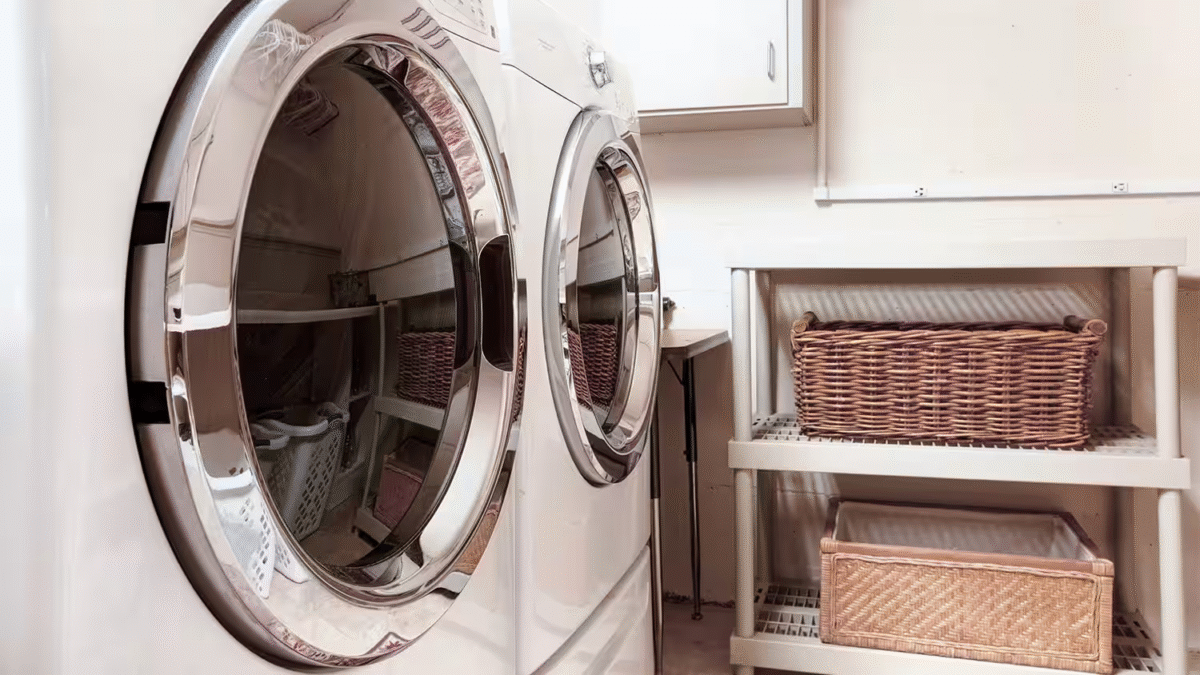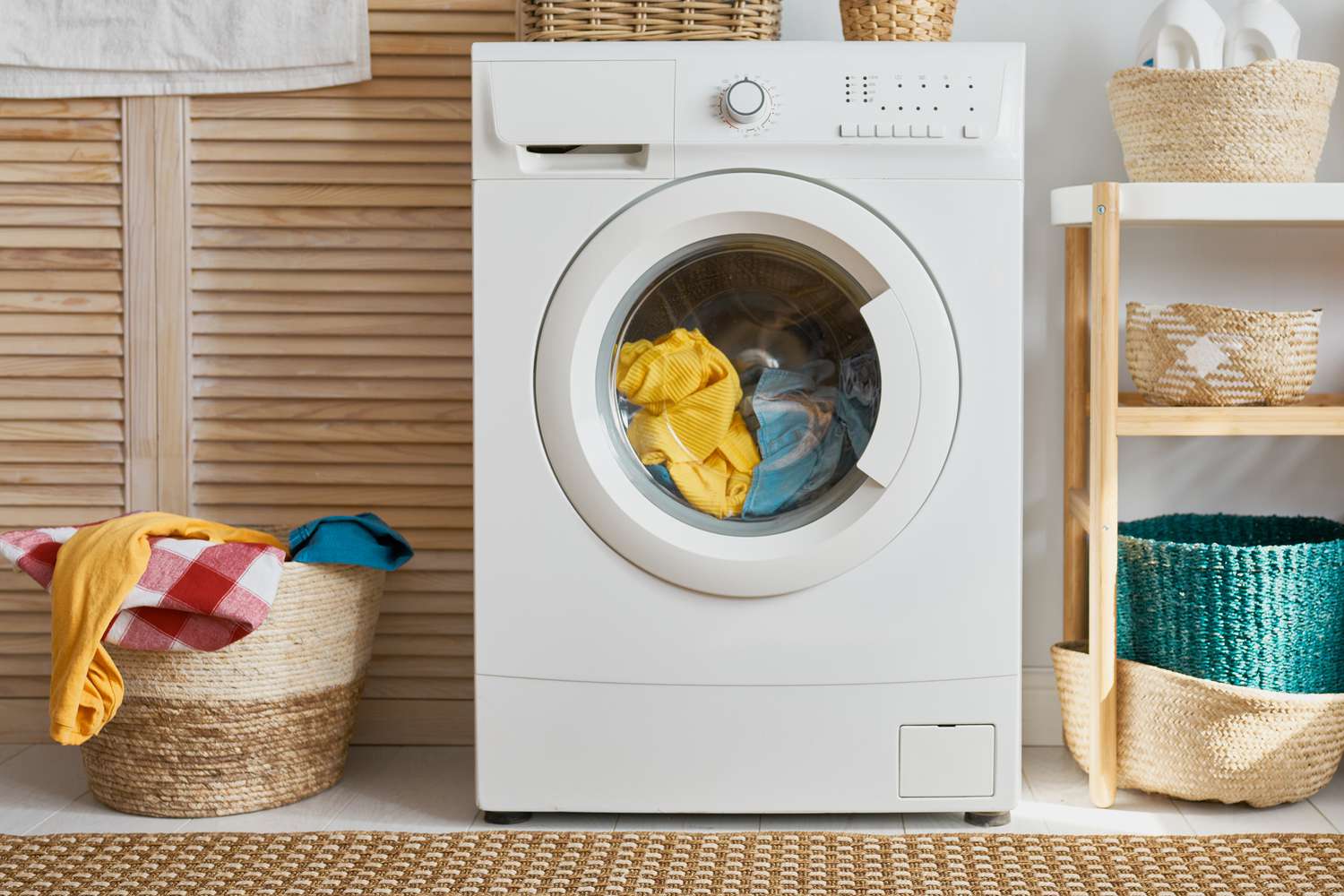Table of Contents
ToggleWhen it’s time to replace or upgrade your laundry appliances, one question often stands out: should I get a gas or electric dryer? This is more than just a technical decision — it’s about efficiency, cost, convenience, and your long-term satisfaction. Both gas and electric dryers have their pros and cons, and choosing the right one can impact your utility bills, drying times, and environmental footprint.
In this detailed guide, we’ll walk you through everything you need to know about gas and electric dryers — from performance and cost to installation, safety, and energy efficiency. By the end, you’ll have a clear answer to the question: should I get a gas or electric dryer?
Understanding the Basics
How Electric Dryers Work
Electric dryers use a heating element powered by electricity to warm the air inside the drum. They typically require a 240-volt outlet, which delivers enough power to heat the unit and operate the motor.
How Gas Dryers Work
Gas dryers, on the other hand, use natural gas or propane to generate heat. While they also require electricity to operate the drum and controls, they consume much less electrical energy overall.
Pros and Cons of Electric Dryers

Advantages of Electric Dryers
- Availability: Nearly every home has a 240-volt outlet or can easily be fitted with one.
- Lower upfront cost: Electric dryers are typically $50–$100 cheaper upfront than gas models.
- Easier installation: No need for a gas hookup, making installation simpler and cheaper.
Disadvantages of Electric Dryers
- Higher operating costs: Electricity is usually more expensive than gas, depending on your local rates.
- Slower drying time: Electric dryers generally take longer to dry clothes compared to gas models.
Pros and Cons of Gas Dryers
Advantages of Gas Dryers
- Lower operating costs: Gas is often cheaper than electricity, meaning you’ll save money over time.
- Faster drying: Gas dryers heat up quickly and dry clothes faster.
- Energy efficiency: They use less electricity, reducing your household’s overall energy consumption.
Disadvantages of Gas Dryers
- Higher upfront cost: Expect to pay about $100 more than for a comparable electric model.
- Professional installation required: Gas dryers need a gas line and proper venting, which can cost $100–$300 extra.
- Limited availability: If your home doesn’t already have a gas hookup, installation may not be worth the hassle.
Installation and Setup Considerations
Space and Connections
Before you decide should I get a gas or electric dryer, check your laundry area:
- Do you have a 240-volt outlet? → Electric dryer is easy to install.
- Do you have a gas hookup and venting? → You can use a gas dryer.
- No gas line, but you want a gas dryer? → Prepare for a plumber or technician visit and added costs.
Venting Requirements
Both gas and electric dryers usually need a vent to expel moist air, though some electric dryers come in ventless designs (great for apartments or condos).
Energy Efficiency and Environmental Impact
Electric Dryer Efficiency
Electric dryers can be energy hogs, especially older models. Look for ENERGY STAR® certified models, which use 20–30% less energy.
Gas Dryer Efficiency
Gas dryers are typically more energy-efficient because they heat up faster and dry clothes quicker. However, they burn fossil fuels, which may concern eco-conscious homeowners.
Operating Costs: Gas vs. Electric
Average Monthly Costs
- Electric dryer → $15–$25/month (depending on local electricity rates and usage)
- Gas dryer → $7–$15/month (depending on gas rates and usage)
Over five years, a gas dryer can save you $300–$500 in energy costs, potentially offsetting its higher upfront price.
Safety Considerations
- Electric dryers → Minimal safety risk, but watch for overheating or lint buildup.
- Gas dryers → Require proper ventilation to avoid gas leaks or carbon monoxide buildup; regular maintenance is critical.
Common Questions: People Also Ask
Which dryer lasts longer, gas or electric?
Both types can last 10–13 years with proper care. Gas dryers have fewer electrical components, which may reduce repair frequency.
Are gas dryers better for large families?
Yes. Their faster drying times and lower operating costs make them ideal for households with heavy laundry loads.
Can I convert an electric dryer to gas?
No. You must purchase a dedicated gas dryer. Conversions are unsafe and not recommended.
What’s more eco-friendly — gas or electric?
It depends on your region’s energy grid. If your electricity comes from renewable sources, electric may be greener. If not, gas often has a lower carbon footprint.
Expert Tips Before You Buy
- Check for rebates or incentives on energy-efficient models.
- Calculate your long-term savings — don’t focus only on the upfront price.
- Measure your laundry space carefully to ensure the dryer will fit.
- Read user reviews to understand real-world performance.
Recommended Brands and Models
- Electric dryers → Whirlpool, Maytag, LG, Samsung, GE
- Gas dryers → Samsung, LG, Whirlpool, Speed Queen, GE
Look for features like moisture sensors, steam cycles, and Wi-Fi connectivity.
Conclusion
So, should I get a gas or electric dryer? The answer depends on your home setup, budget, and priorities. If you want lower upfront costs and easy installation, go electric. If you’re after long-term savings and faster drying, gas may be the better investment.












